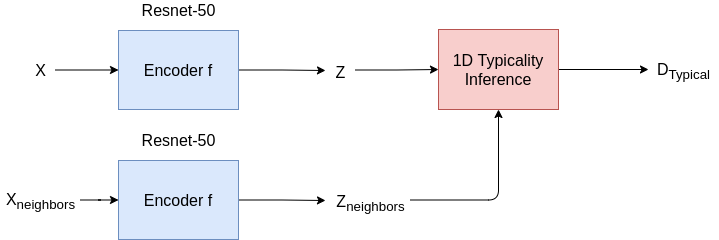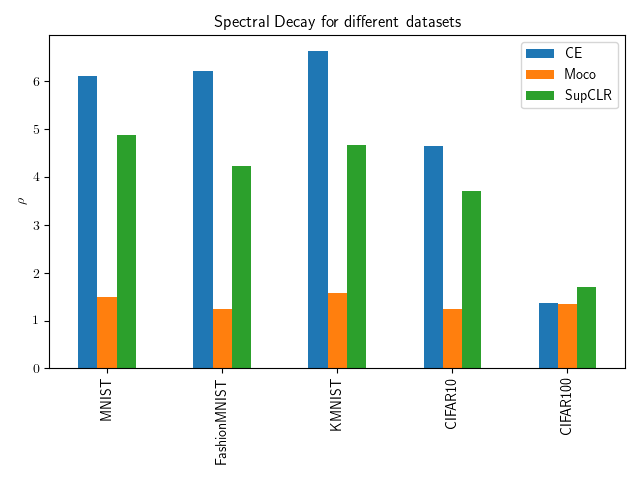Publications
Explaining OOD detection using two-step counterfactual generation
 An approach for generating counterfactuals for OOD data points to better understand why a data point is categorized as OOD.
An approach for generating counterfactuals for OOD data points to better understand why a data point is categorized as OOD.
Nawid Keshtmand, Raul Santos-Rodriguez, Jonathan Lawry
FACCT 2023 In Review [Paper] [Code]
Typicality-based point OOD detection
 A typicality-based approach for point OOD detection which utilizes the nearest neighbours of test data points.
A typicality-based approach for point OOD detection which utilizes the nearest neighbours of test data points.
Nawid Keshtmand, Raul Santos-Rodriguez, Jonathan Lawry
[Paper] [Code]
Understanding the properties and limitations of contrastive learning for Out-of-Distribution detection
 Examining the effect of supervision on the properties and OOD detection performance of contrastive learning algorithms.
Examining the effect of supervision on the properties and OOD detection performance of contrastive learning algorithms.
Nawid Keshtmand, Raul Santos-Rodriguez, Jonathan Lawry
ICPR 2022 Workshop: SSL - Theories, Applications, and Cross Modality for Self-Supervised Learning Models [Paper] [Code]
Projects
Literature notes
Ongoing notes on the various papers and textbooks I read.
[Link]
Contrastive Learning with autoregressive decoder
Implemented a contrastive learning algorithm (AMDIN) which uses a pixelCNN decoder.
[Code]
Multimodal VQ-VAE
Implemented a multi-modal VQ-VAE which takes in RGB and infrared image data into a joint latent space which can then be used to decode the differnet modalites.[Code]
Adversarial Learning in a Predator-Prey game
Training a predator and prey in a simultaenosuly using reinforcement learning and examining the learning dynamics of the agents by fitting decision trees to the policies learnt by the different agents.
Nawid Keshtmand, Raul Santos-Rodriguez, Jonathan Lawry
MSc Disseration: University of Bristol and University of the West of England [Paper]
Development of a motion and muscle sensing human-machine interface
Training Linear Discriminant analysis and Support Vector Machine classifiers to classify Mechanomyography signals from different hand gestures. Using the trained classifiers to develop a game to aid stroke victims to regain functionality in their hands.
Nawid Keshtmand, Ravi Vaidyanathan
MSc Thesis: Imperial College London [Paper]